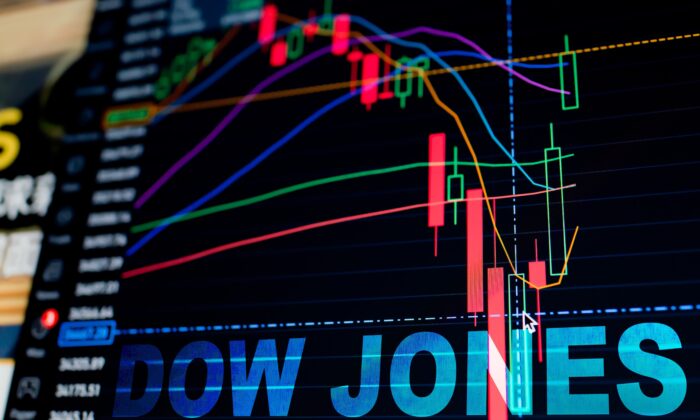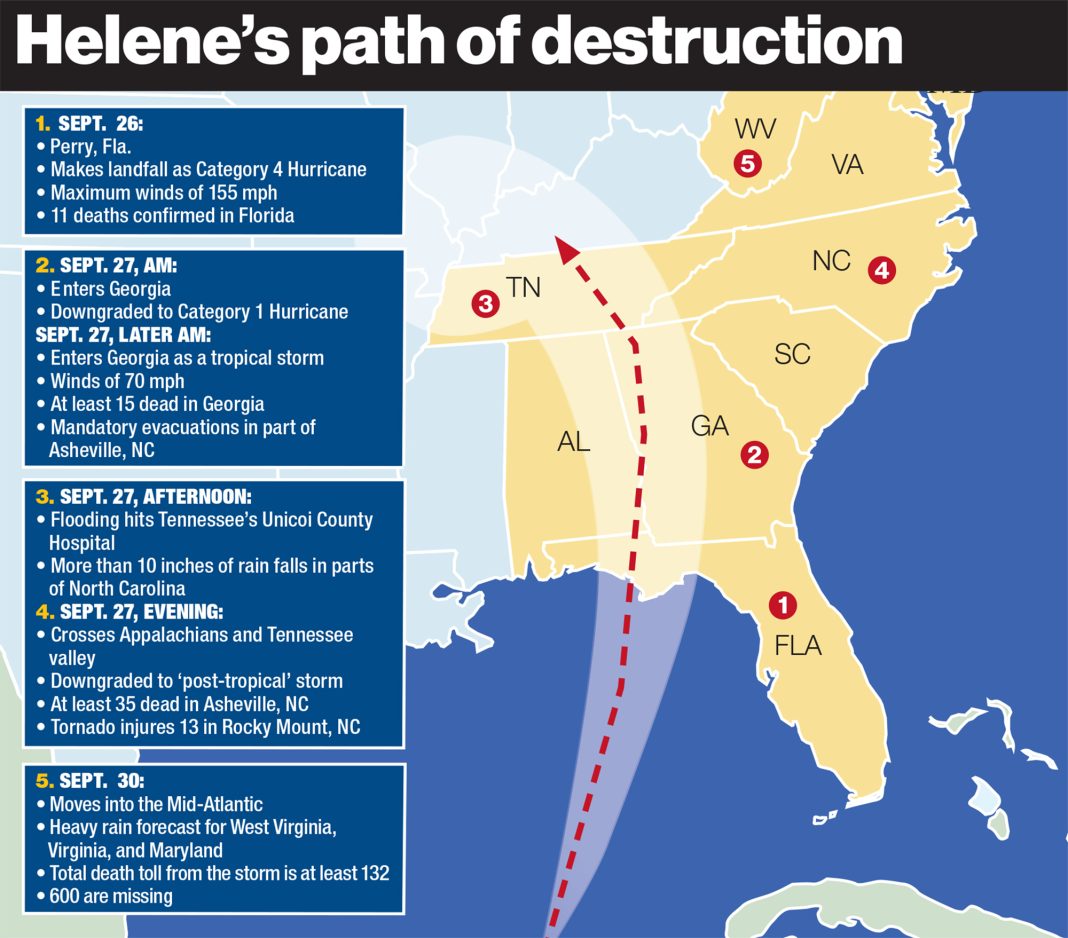In the ever-changing landscape of financial markets, recent events in the Middle East have significantly impacted investor sentiment, causing notable shifts in U.S. stock indices. On a day when the S&P 500, Dow Jones Industrial Average, and Nasdaq had previously reached record highs, they experienced a sharp pullback—underscoring how geopolitical tensions can swiftly alter market dynamics.
On Tuesday, the S&P 500 slipped by 0.9 percent, losing 53.73 points to settle at 5,708.75, while the Dow Jones fell 0.4 percent. The Nasdaq composite, affected more severely by the uncertainty, experienced a decline of 1.5 percent, a drop of 278.81 points, bringing its total to 17,910.36. These shifts are a stark reminder of the stock market’s sensitivity to global events, particularly those involving major oil-producing regions. The Russell 2000 index, which tracks smaller companies, also faced a setback, dropping 1.5 percent.
The backdrop to this market turbulence was a significant escalation in the Middle East, particularly following Iran’s missile attacks into Israel. Such developments raise immediate concerns about potential disruptions to oil supply, an essential commodity that has a ripple effect across global markets. As oil prices surged, investors grappled with the implications of a potential conflict escalating in a region crucial to energy supplies. Rising oil prices often lead to increased production costs for companies, which can result in squeezed profit margins and, ultimately, impact stock performance.
In light of these geopolitical tensions, U.S. Treasury yields fell, signaling a flight to safety among investors. Typically, when stock markets experience volatility, investors often seek refuge in government bonds, which are perceived as safer assets. This behavior illustrates the classic risk-off sentiment that prevails during periods of uncertainty.
Looking at the performance over the week, the S&P 500 has decreased by 0.5 percent, while the Dow is down 0.4 percent. The Nasdaq has seen a decline of 1.2 percent, and the Russell 2000 has dipped 1.2 percent as well. Despite these recent setbacks, it’s important to maintain perspective on the broader trends. Year-to-date figures reveal a more optimistic narrative: the S&P 500 is up nearly 19.7 percent, the Dow has gained 11.9 percent, and the Nasdaq has risen by 19.3 percent. Even the Russell 2000 has shown resilience with an 8.4 percent increase for the year.
As we navigate these tumultuous waters, it becomes crucial for investors to remain informed and adaptable. Recent studies indicate that historically, markets tend to recover from geopolitical shocks, albeit with some volatility along the way. According to financial analysts, maintaining a diversified portfolio and focusing on long-term investment strategies can help mitigate risks associated with sudden market downturns.
In conclusion, while the recent geopolitical developments have led to a notable pullback in U.S. stocks, they also serve as a reminder of the interconnectedness of global events and financial markets. Investors should stay vigilant, keep an eye on international developments, and assess their portfolios in light of current risks and opportunities. As history has shown, patience and strategic thinking often yield positive outcomes even in uncertain times.


